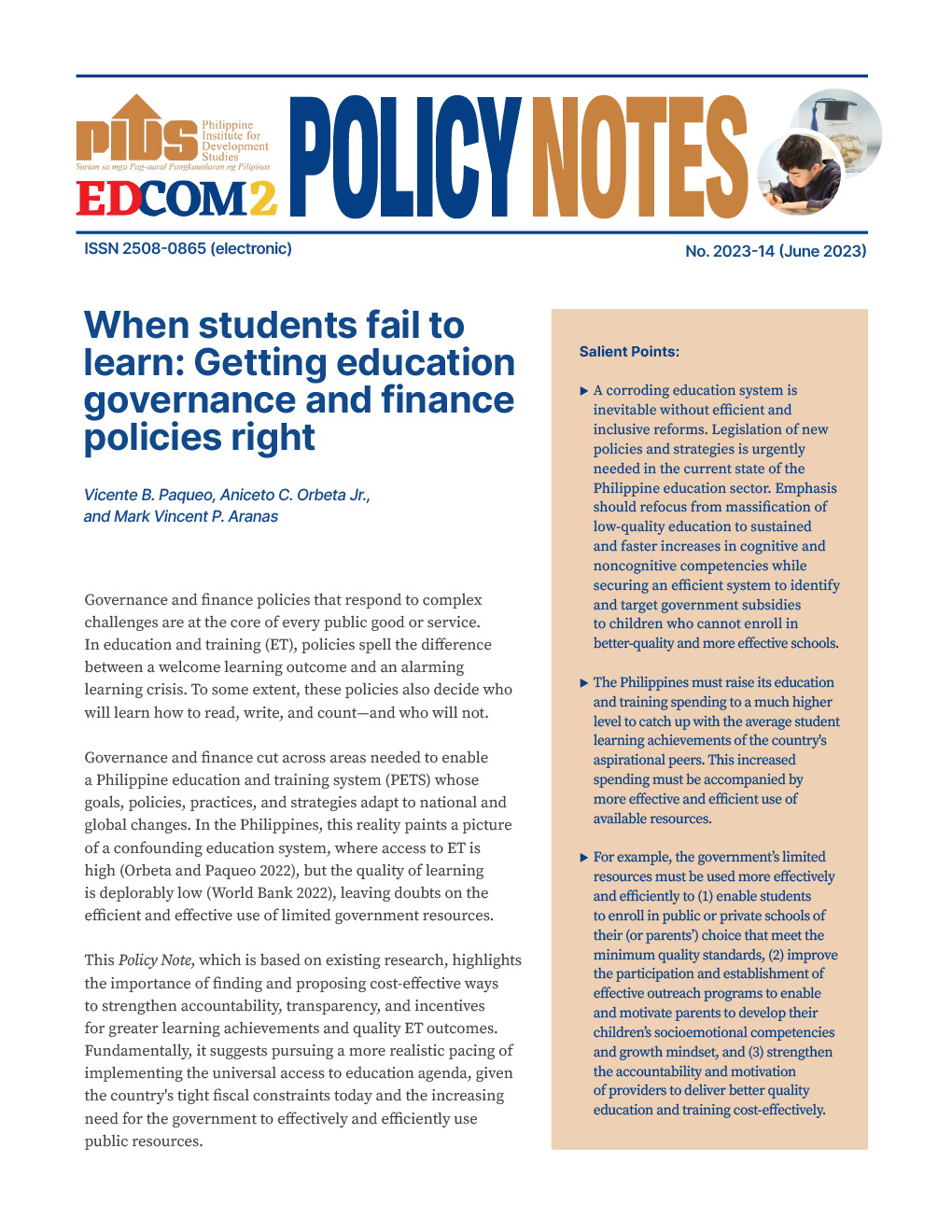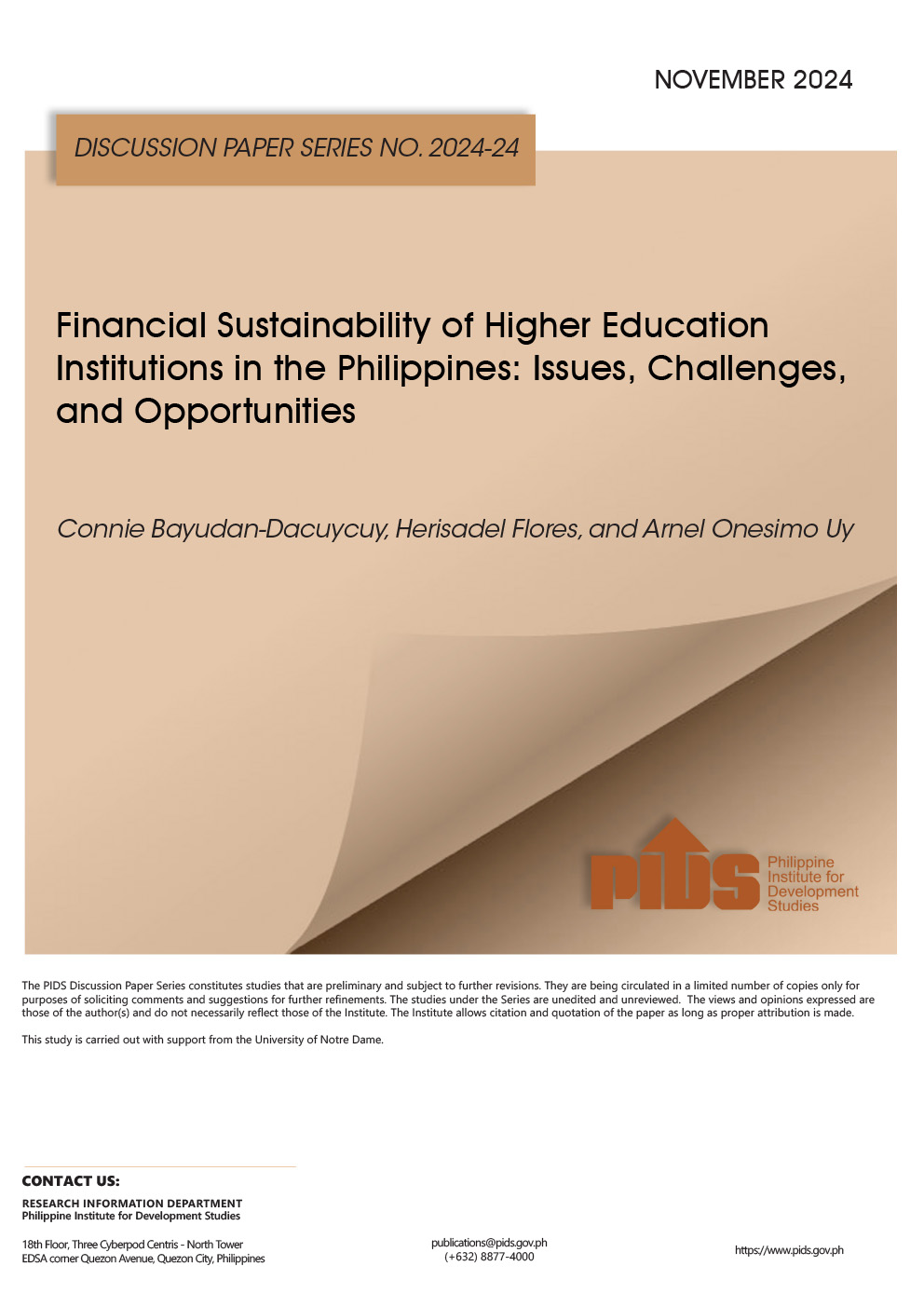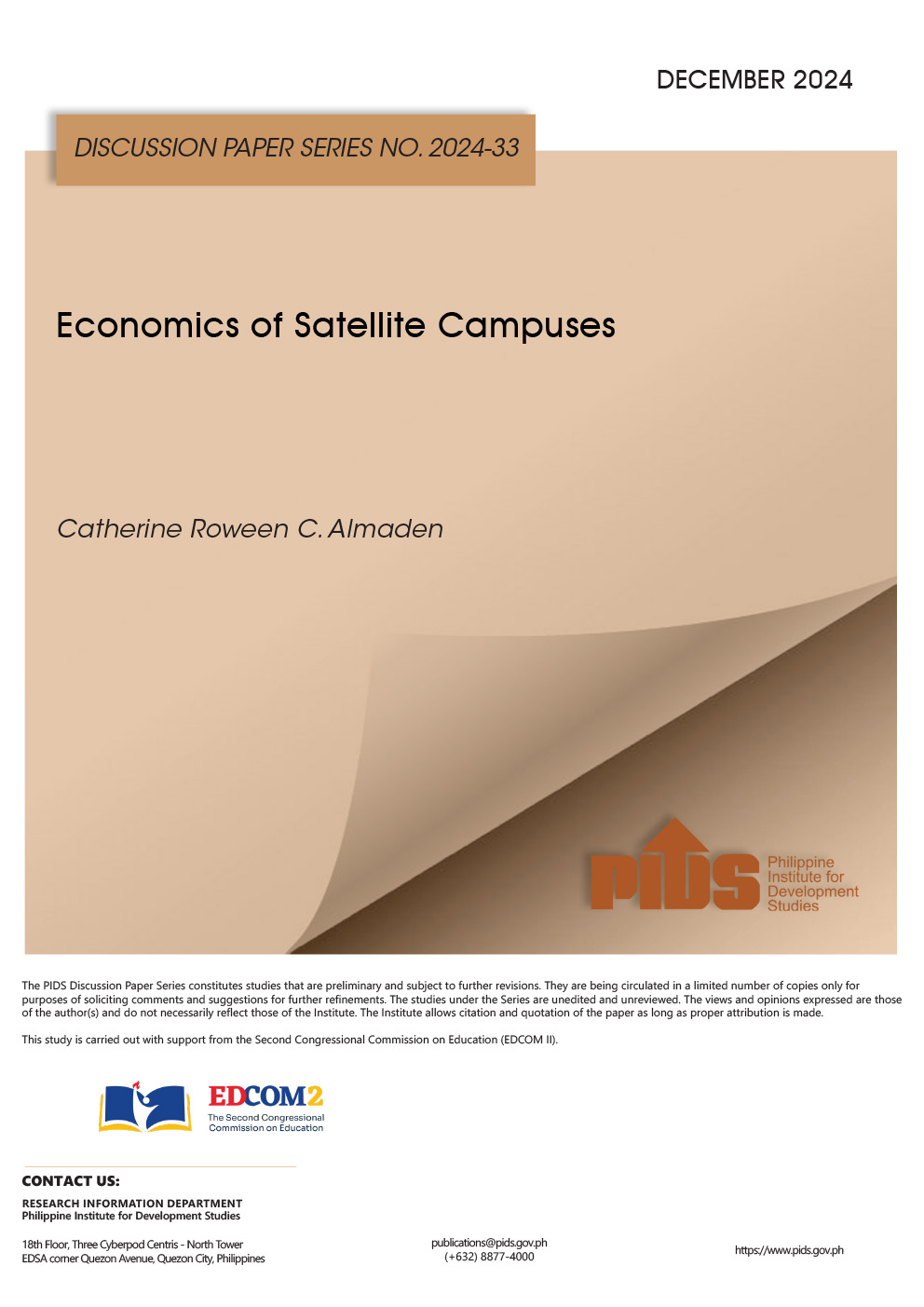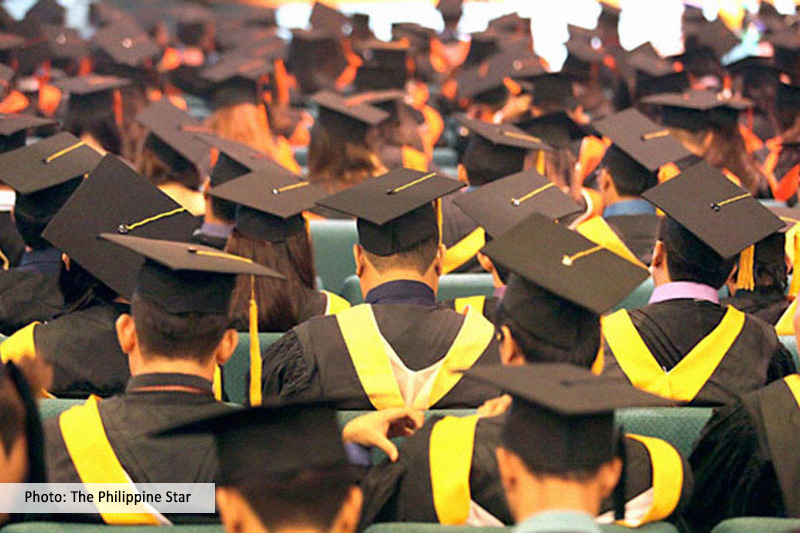State universities and colleges serve as critical pillars of higher education, human capital development, and technological innovation in the Philippines. As publicly funded institutions, they play a vital role in addressing educational disparities, fostering inclusive growth, and advancing research that contributes to national development. This study examines the funding approaches employed by SUCs, assessing their viability amid growing economic pressures and evolving policy landscapes. Traditionally, SUCs rely on direct government appropriations, supplemented by internally generated income from tuition fees, auxiliary services, and entrepreneurial ventures. However, financial constraints, regulatory barriers, and inefficient fund utilization hinder their capacity to achieve long-term sustainability.
Drawing insights from international experiences, particularly from OECD and Southeast Asian economies, this study explores higher education financing models and various approaches implemented by public higher education institutions to diversify funding sources. While performance-based funding mechanisms and diversification strategies have gained traction globally, SUCs in the Philippines continue to face challenges in revenue generation due to limited financial autonomy, bureaucratic inefficiencies, and disparities in resource allocation. Government appropriations for SUCs remain unevenly distributed, with significant differences in budget allocation and development funding between institutions. Furthermore, reliance on state subsidies and SUCs’ inability to effectively pursue alternative financing strategies hinder infrastructure investment, research funding, and faculty development.
To address these concerns, SUCs have implemented various initiatives, including income-generating projects, commercialization of intellectual property, and university-industry collaborations. However, these efforts have encountered difficulties due to a lack of institutional expertise, regulatory complexities, and insufficient investment from private sector stakeholders. The study highlights how financial autonomy, leadership strategies, and institutional governance affect SUCs' capacity to optimize funding opportunities while pursuing academic excellence. Lessons drawn from Southeast Asian experiences, such as Singapore’s model of funding public universities, Thailand’s policy of higher education decentralization, and Malaysia’s entrepreneurial university approach, offer valuable insights into strengthening SUC financing.
Building on international trends and local challenges, this research outlines key policy recommendations for improving financial sustainability among Philippine SUCs. These include rationalizing tuition fees to create more equitable funding structures, expanding university-industry collaboration to boost external revenues, strengthening the commercialization of university-developed technologies, and reforming government budget allocation mechanisms to promote efficiency and innovation. Adopting a more strategic approach to financing can enhance the competitiveness of SUCs, improve higher education quality, and contribute more effectively to national development. A nuanced policy framework is therefore necessary to balance state support with institutional self-sufficiency and foster a robust higher education sector capable of meeting the demands of the global knowledge economy.
Comments on this paper are welcome within 60 days from the date of posting. Email publications@pids.gov.ph.












